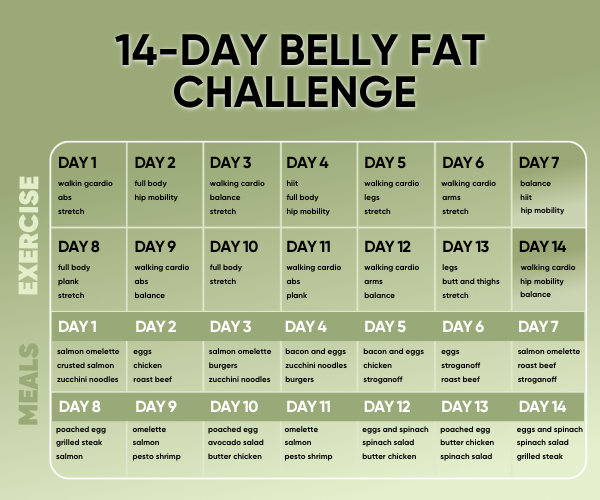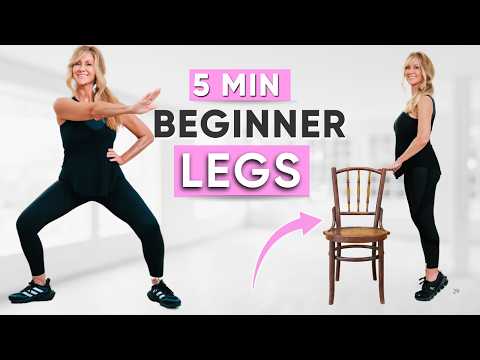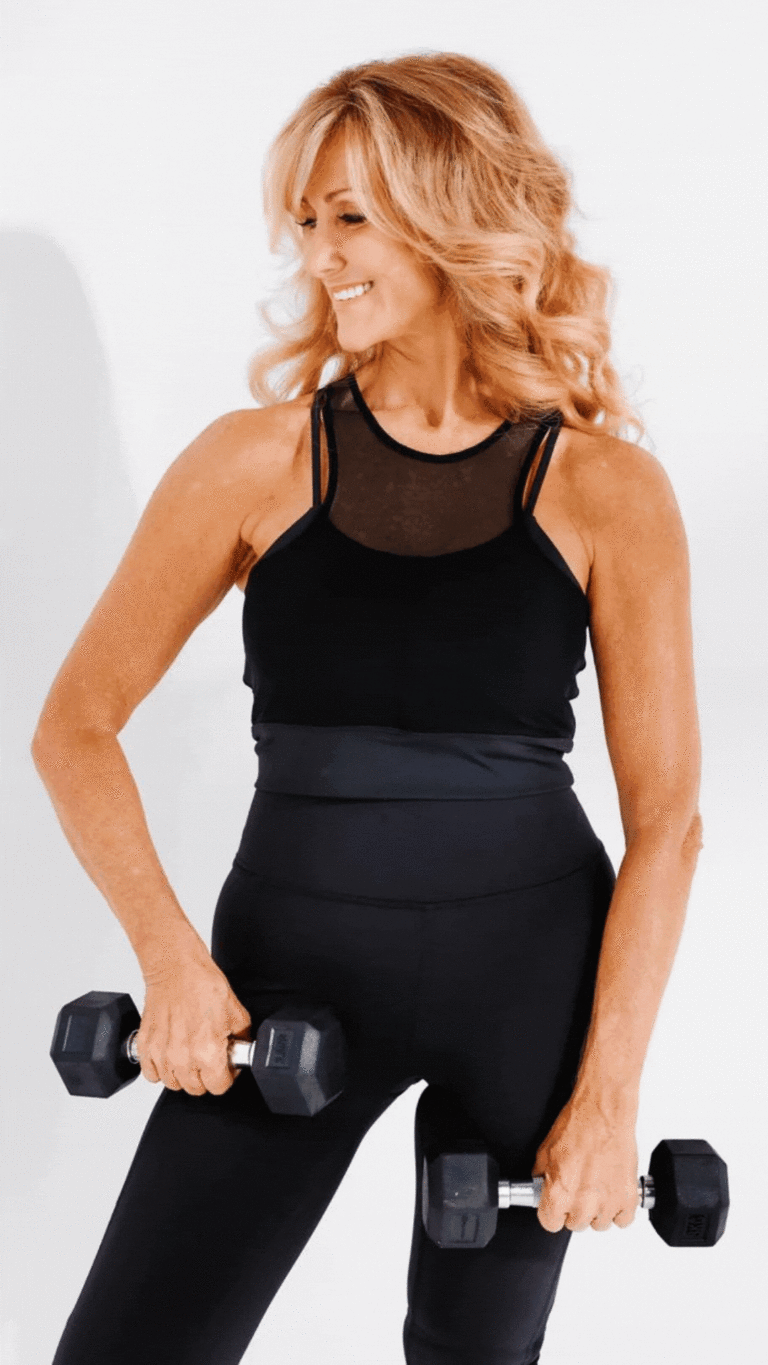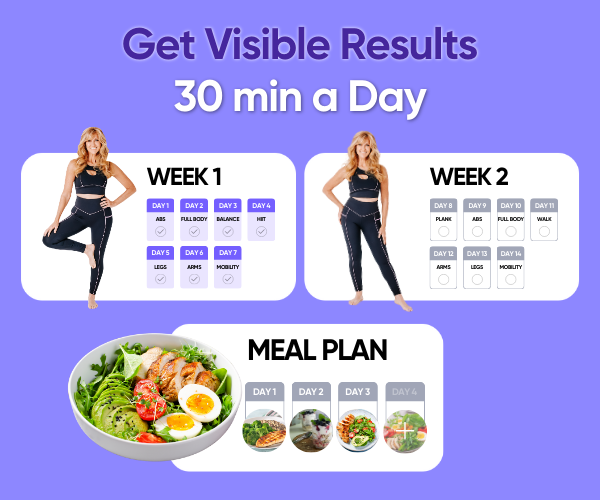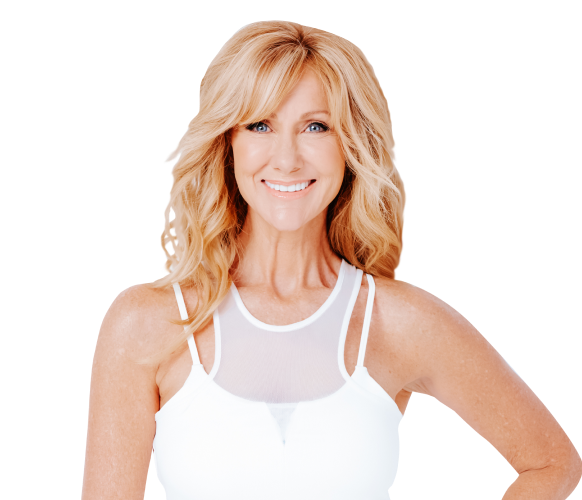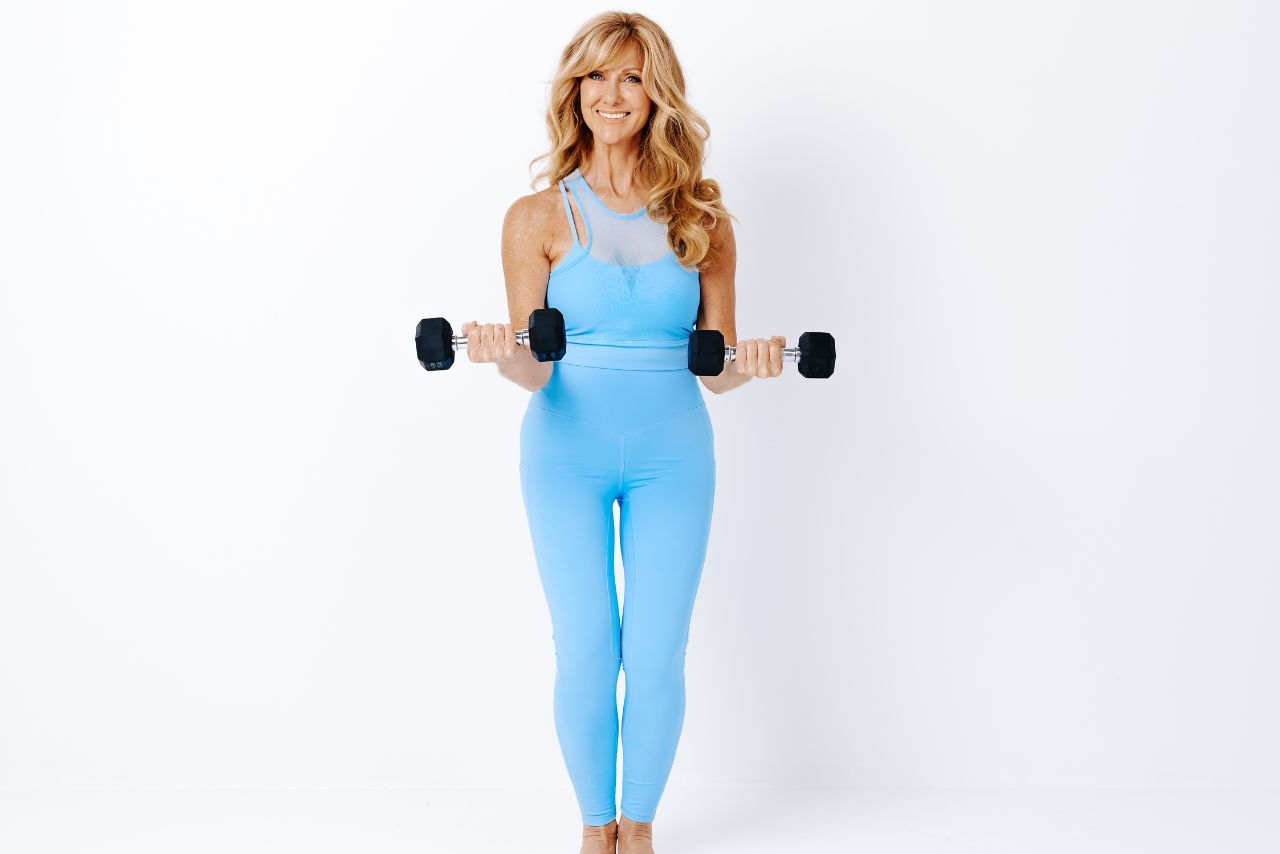
As we age, the importance of healthy eating becomes a necessity. Our bodies need more deliberate care, especially after age 50.
What we eat also supports bone strength, brain function, and physical balance, all vital for maintaining independence and vitality.
For older adults, especially women, nutrition is very important for staying strong, feeling energized, and meeting specific needs such as increased nutrient intake and bone health to support healthy aging.
Here’s your complete guide to the most impactful eating changes that support better bones, brains, and balance after 50.
Healthy Eating: The Foundation for Strong Bones, Brain Health & Balance
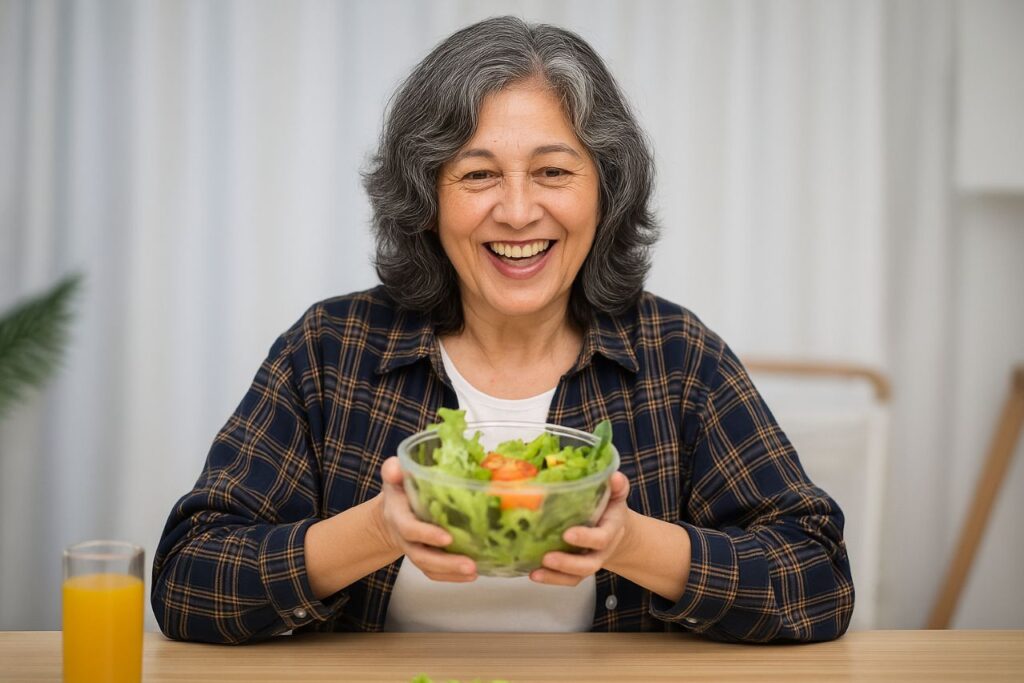
Once we hit 50, our nutritional needs shift. Hormonal changes from menopause can affect bone density, weight distribution, mood, and memory.
A diet focused on whole foods, rich in vitamins, minerals, and healthy fats, becomes the strongest ally in preventing chronic disease and promoting healthy aging.
A healthy diet is important for keeping bones healthy and avoiding diseases like osteoporosis. It should include foods that are high in nutrients, such as leafy greens, dairy, tofu, and lean proteins.
Fruits, vegetables, lean proteins, whole grains, and healthy fats should all be part of a healthy, well-balanced diet. This will help keep your bones strong and your brain sharp.
Fiber helps your body digest food and keep your blood sugar stable. It also helps you keep a healthy weight by keeping you from overeating and gaining weight.
These changes may seem small, but they build a powerful defense system from the inside out.
Bone Health and Nutrition
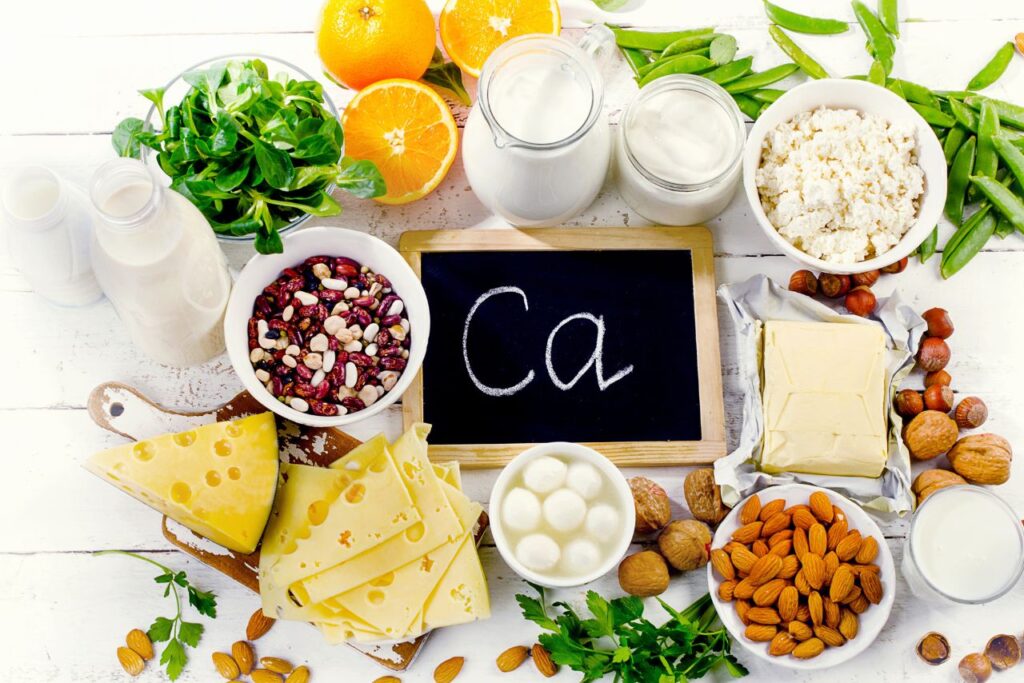
Bone loss is one of the most important things for women over 50 to worry about. When estrogen levels drop, bones become more easily broken, which makes osteoporosis more common.
These are age-related changes, such as declining bone mass and increased risk of osteoporosis, that occur naturally over time.
Since these risks come with getting older, making smart choices about what you eat and how you live is important for keeping your bones healthy.
To help protect your bones:
1. Prioritize Calcium-Rich Foods
Think outside of dairy. Yes, milk, cheese, and yogurt are excellent sources, but so are leafy greens, fortified plant milks, and calcium-set tofu. This vital mineral is abundant in some fortified cereals.
Want to know how much calcium you need? For women over 50, most guidelines recommend about 1,200 mg of calcium per day. It’s best to consult current recommendations or a healthcare professional to determine how much calcium is right for your individual needs.
2. Don’t Skip Vitamin D
Vitamin D helps your body absorb calcium efficiently. Get it from safe sun exposure, egg yolks, fatty fish, and fortified foods. If you live in a region with limited sunlight, a supplement might be necessary after consulting your healthcare professional.
3. Don’t Forget Other Key Nutrients
Magnesium, phosphorus, and potassium all play supporting roles in keeping your bones dense and healthy. Foods like sweet potatoes, bananas, fatty fish, leafy greens, cooked broccoli, and canned beans should be regular staples in your diet.
Brain Health and Nutrition
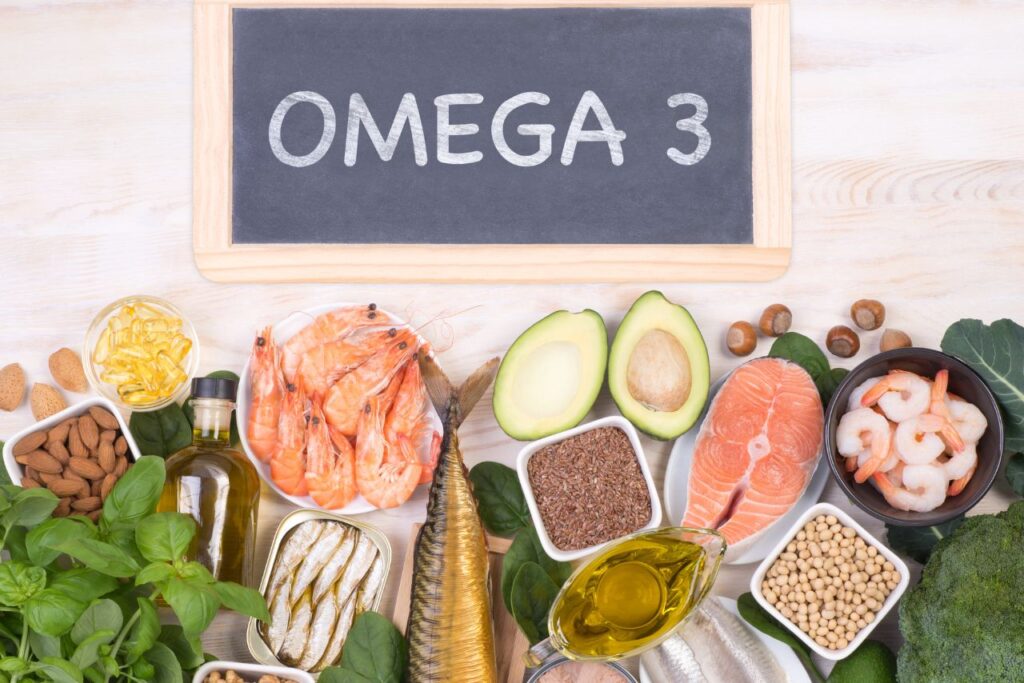
Cognitive decline isn’t inevitable; smart food choices can slow it down or even stop it. The food you eat can help keep your brain healthy, support cognitive function, and prevent loss of memory, swelling, and oxidative stress.
4. Fuel Your Brain with Omega-3 Fatty Acids
Omega-3s are important for memory, focus, and mood regulation. Studies have shown that adequate omega-3 intake is also linked to a reduced risk of Alzheimer’s disease.
You can get a lot of them from flaxseeds, chia seeds, and walnuts, as well as fatty fish like salmon, mackerel, and sardines.
5. Eat the Rainbow of Antioxidants
Vibrantly colored fruits and vegetables contain antioxidants like vitamin C, vitamin E, and beta-carotene.
Eat blueberries, spinach, red cabbage, beets, and carrots. These combat oxidative stress that can lead to cognitive aging.
A variety of antioxidant-rich foods is good for your health in many ways, including helping your brain work better and improving your overall health.
6. Choose Whole Grains for Brain & Gut
Whole grains like quinoa, brown rice, and whole-wheat bread provide essential B vitamins and fiber. These support stable blood sugar levels and improve focus while keeping digestion in check.
Fortified breakfast cereals can also be a convenient source of essential B vitamins and minerals, making them a practical addition to a balanced diet.
How to Prevent Bone Loss Naturally
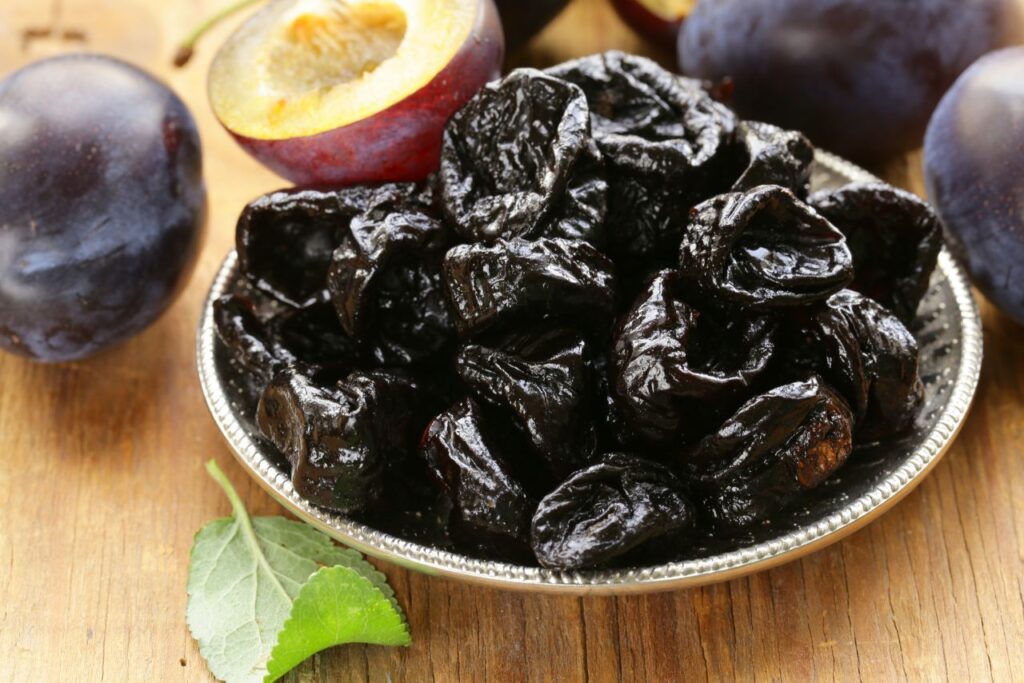
Keeping your bones strong becomes more and more important as you age gracefully past 50. While bone loss is a natural part of the aging process, it doesn’t have to lead to debilitating conditions like osteoporosis.
You can greatly lower our risk of bone density loss by being proactive and incorporating natural strategies into your daily lives. This will help your bones stay strong and healthy for many years to come. Here are some tips:
7. Pair Food with Exercise
Strength training and resistance exercises help bones stay strong and dense. Combine this with a calcium-rich diet to maximize results.
Pairing proper nutrition with regular exercise is essential for maintaining an active lifestyle and supporting bone health after 50.
8. The Power of Prunes
Recent studies have shown that eating five or six prunes a day may preserve bone density in postmenopausal women. They’re a sweet, simple, and effective snack that supports your skeleton.
A study published in the American Journal highlights the benefits of prunes for bone health as part of a clinical nutrition approach.
9. Go Beyond Dairy
Don’t rely solely on milk. Add plant-based foods like kale, collard greens, broccoli, and fortified cereals to your daily meals to build stronger bones with every bite.
Include other foods such as nuts and seeds, which also provide essential calcium and support bone strength. These foods are rich in other nutrients like vitamin D and magnesium, which are important for overall bone health.
READ ALSO: Osteoporosis Workout for Strong Bones: The Jump Routine Every Woman Over 50 Should Try
High Protein Foods for Healthy Aging
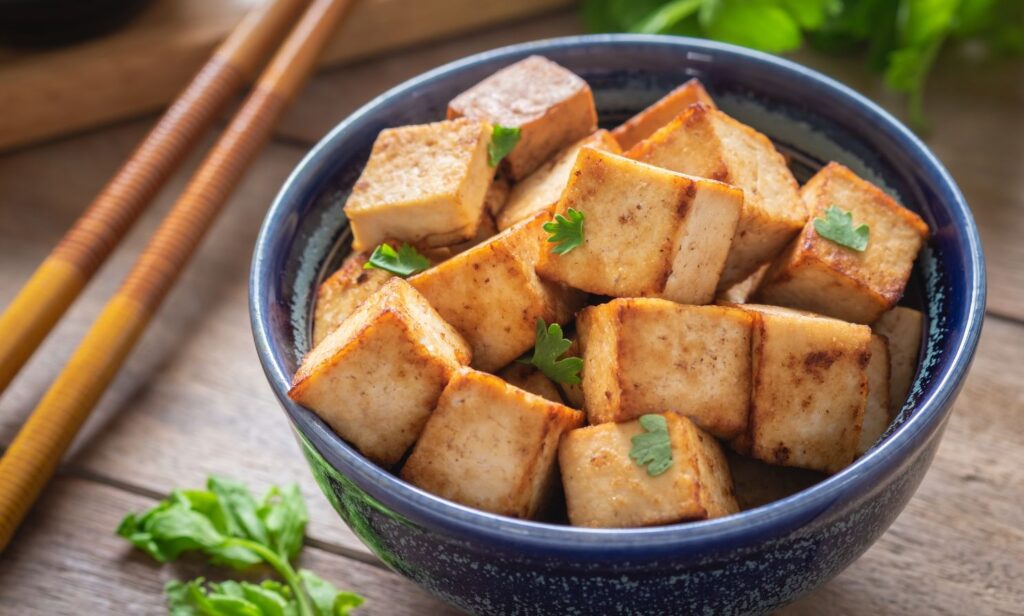
10. Prioritize Protein to Preserve Muscle
Loss of muscle mass (sarcopenia) starts accelerating in your 50s. This doesn’t just affect your strength; it affects balance, metabolism, and bone support.
Add lean meats, eggs, fish, Greek yogurt, beans, lentils, and tofu to your meals. Don’t forget that plant-based proteins can offer the same benefits when paired smartly.
Aim to get 25–30 g of protein per meal to support lean body mass, keep bones healthy, and maintain mobility.
READ ALSO: How Much Protein Do You Need to Build Muscle Over 50?
Healthy Eating Habits to Adopt Now
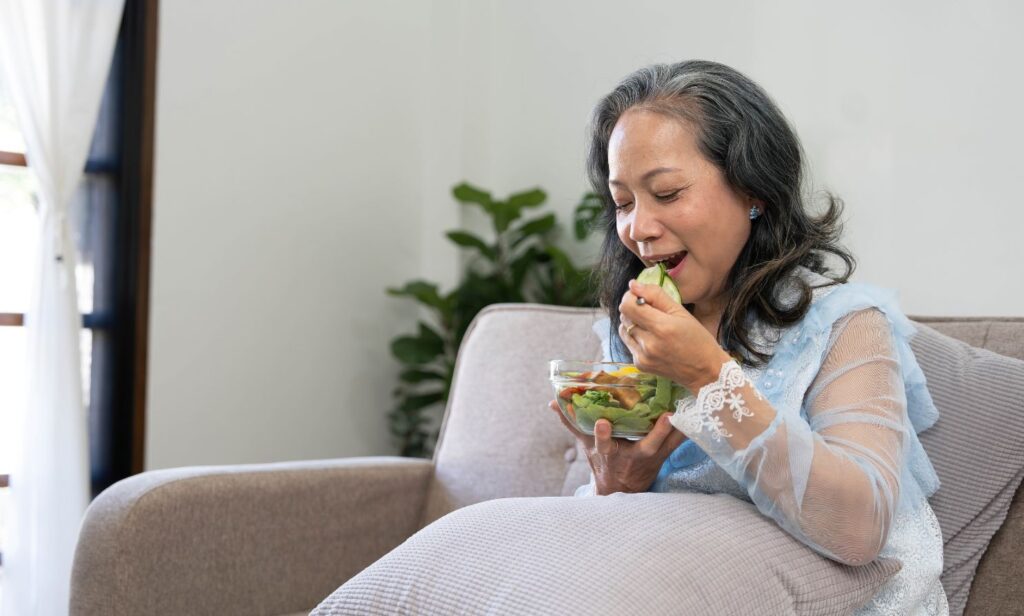
Adopting consistent, nourishing habits is the real secret to transformation after 50.
- Fill half your plate with vegetables and fruits. This boosts fiber, vitamins, and antioxidants.
- Choose whole, unprocessed foods that support digestion, weight management, and hormone balance.
- Cut down on saturated fats, sugar, and salt. High sugar intake can lead to weight gain and increase the risk of heart disease, as well as accelerate aging and increase inflammation.
- Drink water regularly, at least 8 glasses a day. Dehydration can cause fatigue and impair balance and memory.
READ ALSO: 6 Ways Intuitive Eating Empowers Women During Menopause
How Calcium and Vitamin D Help Your Bones
Calcium is the core building block of bones. Maintaining adequate calcium levels is crucial for bone health, as low calcium levels can lead to bone loss and increase the risk of fractures.
Vitamin D ensures that your body actually uses the calcium you eat.
Age and certain health conditions can reduce the body’s ability to absorb calcium, making it important to pay attention to your dietary choices.
You’ll find both nutrients in dairy products, leafy greens, fortified cereals, fish, and egg yolks.
If you can’t have dairy, don’t forget about fortified plant-based milks. They usually have a lot of both protein and calcium.
READ ALSO: How Vitamin D May Help Prevent Dementia and Cognitive Impairment
The Role of Leafy Greens in Aging Well
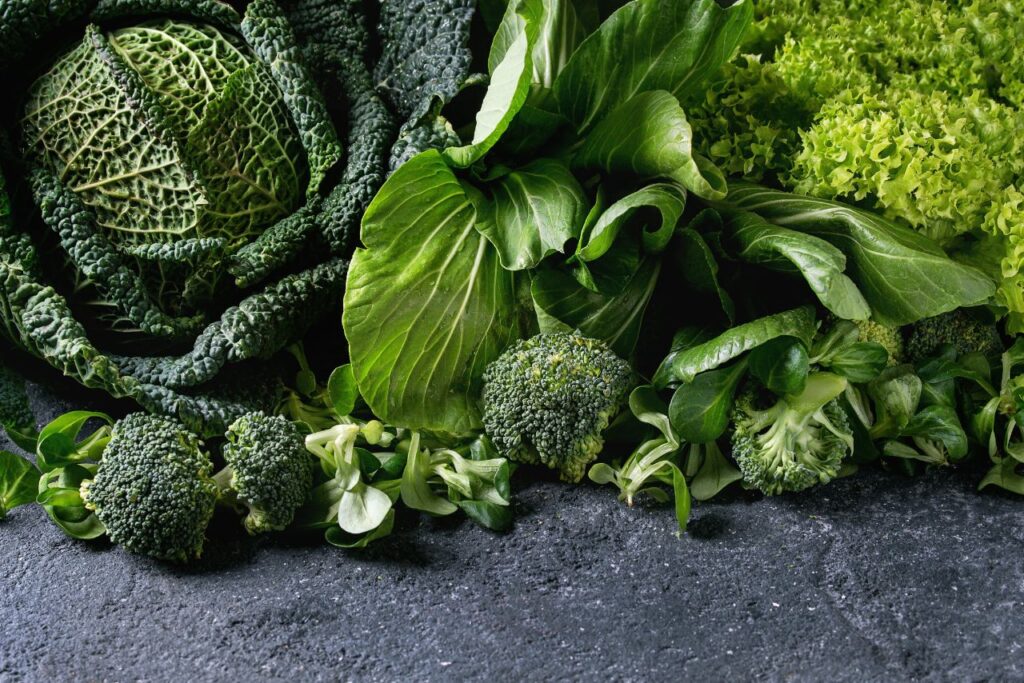
Leafy green vegetables like spinach, kale, and broccoli are nutrient powerhouses:
- It’s full of vitamin K, which helps bones absorb calcium and become stronger.
- They fight cellular aging and make the brain stronger because they are full of antioxidants.
- These greens are simple to add to smoothies, salads, or quick stir-fries.
- These leafy green vegetables support both bone density and cognitive clarity, making them non-negotiable for any over-50 food plan.
How to Boost Bone Health Daily
- Eat more plants, especially those rich in calcium and magnesium, to help keep your bones strong.
- Choose fat-free or low-fat dairy products like fat-free milk and yogurt to support bone health.
- Collagen is a major component of bone structure; include foods rich in vitamin C to support collagen production.
- Add resistance training to your weekly routine.
- Get 7–9 hours of sleep nightly because bone turnover happens while you rest.
- Limit your intake of caffeine and alcohol, as both can make it harder for your body to absorb nutrients.
- Stay on top of your lab work. Regular check-ups with a dietitian or doctor can help you tailor your nutrition plan with precision.
Nutrition Tips for Healthy Aging
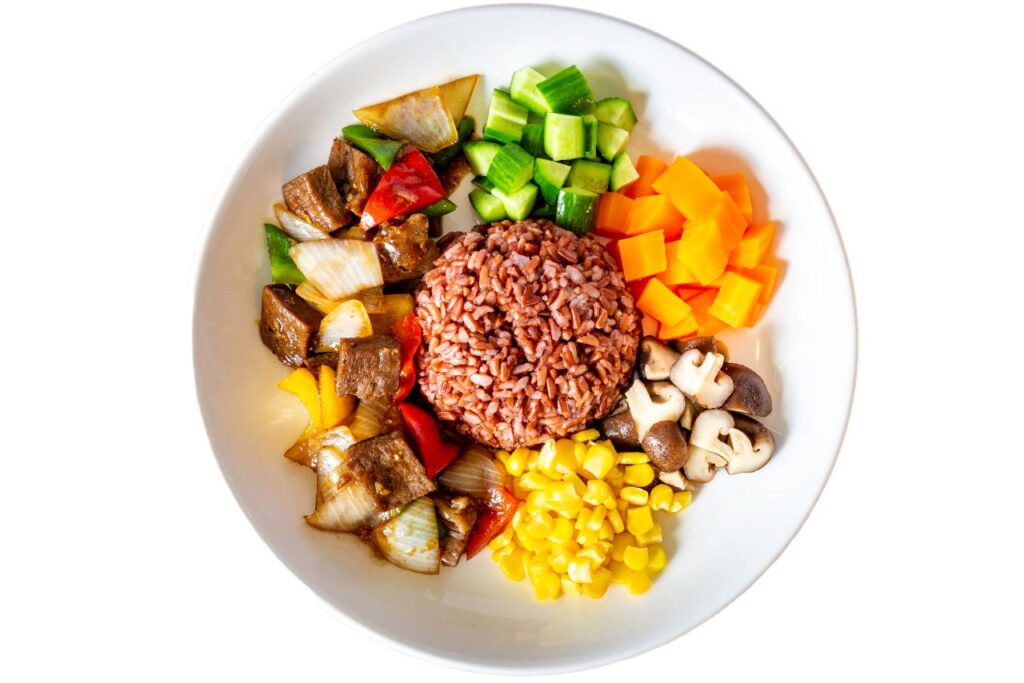
There are no strict guidelines for aging gracefully and with strength. Instead, it’s about making choices that are good for you:
- Color your plate with fruits, veggies, and herbs.
- Choose healthy fats like olive oil, nuts, and avocados.
- Go for foods rich in potassium, such as bananas, sweet potatoes, and spinach, to help regulate blood pressure and lower the risk of high blood pressure. These choices also support heart health.
- Cut back on processed snacks and instead reach for whole, energy-sustaining foods.
- Exercise daily. Even a short walk keeps joints fluid and spirits lifted.
- Stay hydrated and maintain a regular sleep schedule. These things matter more than ever.
READ ALSO: Top Nutrition Tips to Support Healthy Aging in Women Over 50
Final Thoughts
Healthy aging starts at the table. With the right foods, you can protect your bones, sharpen your brain, and stay steady on your feet for years to come.
Remember that what you eat after age 50 has a direct effect on how you feel, how fast you age, and how full of life your days become.
Add color, texture, and nutrients to your plate. It’s not cutting back that works, but adding things slowly.
If you take care of your bones, brain, and balance, you’ll be able to move, think, and do well.
Every small change is a step toward greater energy, confidence, and freedom.
Now that you know what your body wants, you can take better care of it.

